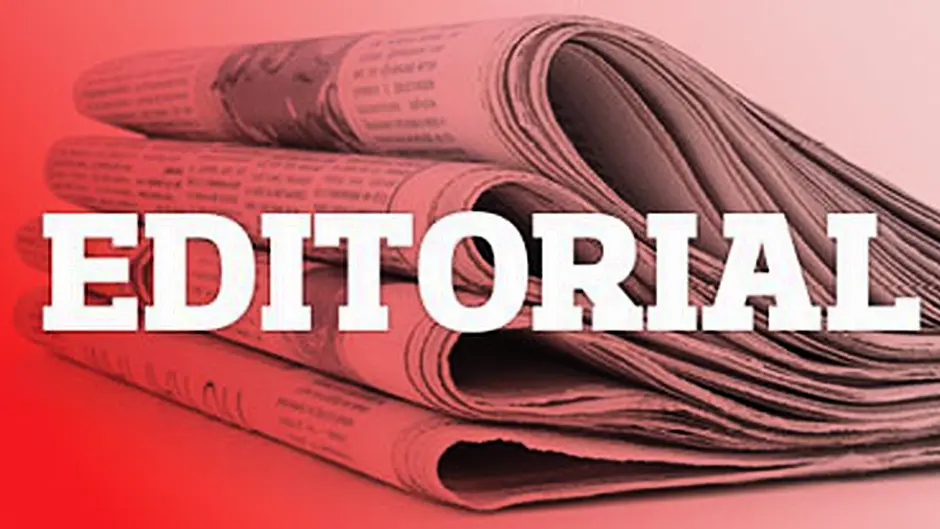WITHIN minutes of Ministers McGrath and Donohoe delivering their Budget24 speeches on Tuesday, the supporters and the naysayers were out in force, delivering statements to back up their respective standpoints.
On the one hand, the government politicians were hailing it as a generous measure which ‘rewarded’ people for their hard work, especially during the recent tough years of the pandemic.
But, of course, the opposition parties and various disgruntled lobby groups were also quick out of the traps, pointing out that there were no major ‘big ticket’ announcements and no radical plans to tackle the dual crises in health and housing.
While both standpoints had their merits, there is no doubt that this was very much a pre-election Budget. There is no guarantee that the next election will not be called before the next Budget, but in the meantime, we will still have European and local elections – often seen as useful bellwethers to judge government support.
Overall, there is no doubt that those elections had a major part to play in the make-up of Budget24 when Minsters Donohoe and McGrath sat down to author this week’s main bullet points.
Among those bullet points were sure-fire ‘crowd pleasers’ like an overall €12 increase across the board in social welfare payments, coupled with an increase of €1.40 in the minimum wage, and the double payment of child benefit just before Christmas.
Added to that was the decision to make three payments of €150 each for energy bills, over the winter period – another all-encompassing headline payment, bound to bring in a few votes.
There was also the long overdue reduction in USC, and a decision to increase the means test ‘disregard’ level to €900 for the carer’s allowance.
The planned reversal of a reduction in diesel and petrol excise duty has now been deferred until 2024 and there will be an interest relief scheme for mortgage balances of between €80,000 and €500,000.
Add to that the free school book scheme for secondary students, an extension of the Susi grant scheme, and a cut to college fees, which will all ensure that the voters of the future, or perhaps new voters at the next election, will be brought into the ‘gratitude’ net.
However, and this is where the opposition parties will be making most hay over the next week or so, the major issues being faced by Irish citizens today, were not vigorously addressed at all.
Housing, which is undoubtedly the crisis that affects more citizens that any other currently, was not really addressed in any meaningful way.
Small credits here or there, and slight nods to landlords, will not a crisis solve.
The property owners’ lobby group, while acknowledging that the 20% tax relief on rental income was a positive step in the right direction, said the fact that it is now tied to security of tenure, leaves landlords ‘with their hands bound’.
The relief only applies if landlords remain in the market for four years, and landlords, as we know from the recent eviction ban, do not like to be tied down to time limits.
There was no major announcement on housing starts, or any significant measures to ease the entry into the market for potential first-time buyers, meaning the rental market will continue to carry a considerable burden for some time to come. And the insulting long-awaited increase for foster carers – which has been largely deferred for a year – means more foster children will be forced into the residential sector.
The second prong of the two-headed monster bearing down on this administration is the increasingly embattled health sector.
Again, while an extra €500m is being allocated to the sector next year, to tackle waiting lists and increase staffing, there are very few people working in the service who believe that relatively meagre amount will put any dent in the problem. The government, knowing the pollsters are predicting a difficult election, appears to have thrown money at every potential problem, without any element of ‘thinking outside the box’ to solve its biggest challenges.
It seems to be taking the view that sprinkling a little bit of financial glitter here and there, rather than taking the radical, albeit brave, steps needed to sort out the economy’s biggest challenges, is the way to go. That may well prove to be the rock on which it perishes at the ballot box.









